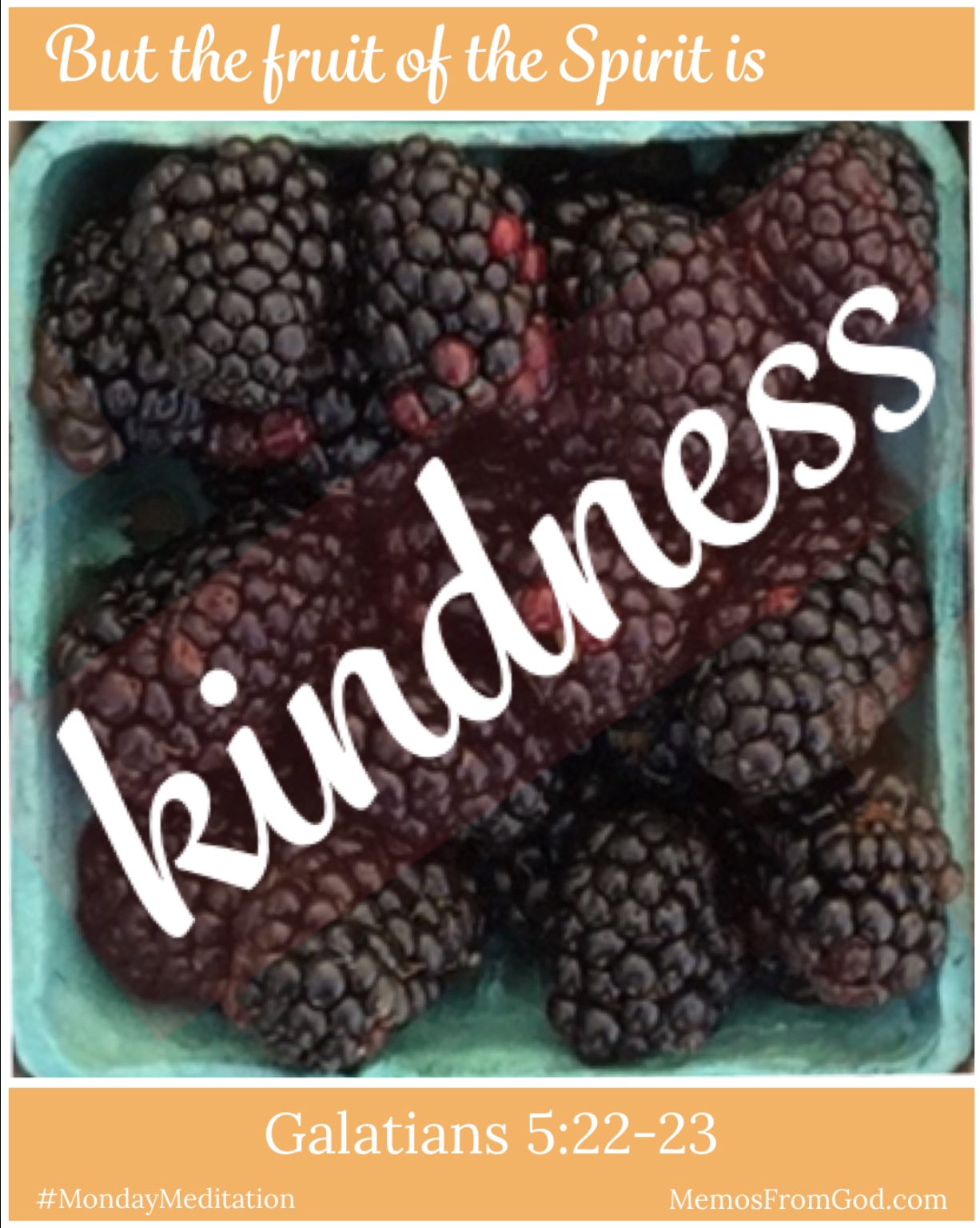

Attempting to Understand the Bible




No one who knows me would tell you that I am a fashionista—someone who is on top of all the latest fashion trends—but I do try to wear clothes appropriate for the occasion. Just as I would not wear formal attire to paint my house, I would not wear my painting clothes to attend a wedding or a banquet. Your beliefs and attitudes can often be discerned by what you wear. Do you have respect for others? Do you have respect for yourself? Many of my students at the Faculty of Education would question what to wear as they prepared to start a placement in a new school. I always advised them that it would never be a problem if they were more professional or more conservative than the other people working there.
In Colossians 3, Paul advises us what to wear and what not to wear, metaphorically speaking. In Colossians 3:1, he tells us to keep seeking things above—keep working toward becoming more and more like the person that Christ wants us to be. This is not an instantaneous transformation, but a work that will be in progress as long as we are on this earth. Christ died to redeem us all from our evil human nature, but it is up to us to continually choose to live in a way that honours Him. So Paul tells us to put off such things as anger, rage, malice, slander, abusive language and lies. (Colossians 3:8,9)
Since who we display on the outside is usually a representation of who we are on the inside, Paul exhorts us to change our clothes. He wants us to clothe ourselves with a heart of mercy. (Colossians 3:12) Mercy means showing compassion when we have the power to punish. If someone has done you wrong, you have the opportunity to forgive them instead, which is another piece of the clothing that Paul suggests. (Colossians 3:13) He also recommends kindness, humility, gentleness and patience—putting others ahead of ourselves and being considerate while also treating them with respect and tolerance. We are all on this journey towards transformation together, and none of us has reached our destination yet. We need to be understanding of each other’s imperfections.
Above all, Paul asks us to put on love. (Colossians 3:14) Although we can, by way of duty, accomplish all of the preceding virtues without having love, I Corinthians 13 tells us that without love, all else is meaningless. It is our love for God, and His love flowing through us, that will help us to love those around us. It is our love for God that will make us want to choose a wardrobe that will best represent Him. If you want to wear the outfit that is most appropriate for your role as a child of God, wear love.
While I was growing up, my mother used to send out hundreds of Christmas cards, and she would get hundreds back. I enjoyed looking through them, not only because all of our friends and family made a point of saying hello and catching us up on news at this time of year, but because I liked all the different pictures and verses on the cards too. There was such a wide variety. Some were winter scenes, others warm cozy rooms by the fire. Some were silly and some were spiritual. Some said Happy Holidays and others said Season’s Greetings. And of course, some said Merry Christmas! I don’t ever remember being offended, or someone else being offended, by any of them.
Then I grew up and got a job. One of my first jobs included operating the switchboard in a high school. Representatives of the Board of Education were asked not to say Merry Christmas when answering the phone, but to say Happy Holidays instead. The reason—a lot of our students were Jewish. So in order to avoid offending members of either faith, we would not choose one over the other in our greeting when we answered the phone. We were never told that we were forbidden to ever say the word Christmas again. No one minded if we said it to the people who celebrate that holiday. We were only asked to be sensitive to those who didn’t.
Somehow though, saying Merry Christmas has become a fight—either not being allowed to say it or being forced to say it. I feel as though I will offend my Christian friends, or they will question the depth of my devotion, if I say Happy Holidays or Season’s Greetings. These used to add a bit of variety and now they seem to indicate our religious status. It gets worse. Yesterday, on Facebook, one of my artist friends shared a post encouraging people to support their local artists this holiday season. I think that’s a very good idea any time of year, but one commenter left a tirade about denying Christmas. Then he left a second comment to say that he won’t support anyone who denies Christmas. Seriously? Anyone? Where do you buy your groceries or your gasoline or your clothes? The thing is that one should be able to use the words holiday season without someone assuming that they are denying Christmas. After all, there are a lot of holidays celebrated between November and January. And an artist should be able to sell her wares to anyone of any faith or no faith at all without her faith being called into question.
If you want people to know the reason for Christmas, try living your life in a way that shows Jesus. Be full of grace and mercy. And love. Read some of the accounts of Jesus in the Bible. He didn’t berate people into following Him. He gave them the opportunity to follow Him. Keep Christ in your heart and allow Him to shine out through you. I pray with the Apostle Paul “ that Christ may dwell in your hearts through faith, so that, because you have been rooted and grounded in love, you may be able to comprehend with all the saints what is the breadth and length and height and depth, and thus to know the love of Christ that surpasses knowledge, so that you may be filled up to all the fullness of God.” (Ephesians 3:17-19)
No one who knows me would tell you that I am a fashionista—someone who is on top of all the latest fashion trends—but I do try to wear clothes appropriate for the occasion. Just as I would not wear formal attire to paint my house, I would not wear my painting clothes to attend a wedding or a banquet. Your beliefs and attitudes can often be discerned by what you wear. Do you have respect for others? Do you have respect for yourself? Many of my students at the Faculty of Education would question what to wear as they prepared to start a placement in a new school. I always advised them that it would never be a problem if they were more professional or more conservative than the other people working there.
In Colossians 3, Paul advises us what to wear and what not to wear, metaphorically speaking. In Colossians 3:1, he tells us to keep seeking things above—keep working toward becoming more and more like the person that Christ wants us to be. This is not an instantaneous transformation, but a work that will be in progress as long as we are on this earth. Christ died to redeem us all from our evil human nature, but it is up to us to continually choose to live in a way that honours Him. So Paul tells us to put off such things as anger, rage, malice, slander, abusive language and lies. (Colossians 3:8,9)
Since who we display on the outside is usually a representation of who we are on the inside, Paul exhorts us to change our clothes. He wants us to clothe ourselves with a heart of mercy. (Colossians 3:12) Mercy means showing compassion when we have the power to punish. If someone has done you wrong, you have the opportunity to forgive them instead, which is another piece of the clothing that Paul suggests. (Colossians 3:13) He also recommends kindness, humility, gentleness and patience—putting others ahead of ourselves and being considerate while also treating them with respect and tolerance. We are all on this journey towards transformation together, and none of us has reached our destination yet. We need to be understanding of each other’s imperfections.
Above all, Paul asks us to put on love. (Colossians 3:14) Although we can, by way of duty, accomplish all of the preceding virtues without having love, I Corinthians 13 tells us that without love, all else is meaningless. It is our love for God, and His love flowing through us, that will help us to love those around us. It is our love for God that will make us want to choose a wardrobe that will best represent Him. If you want to wear the outfit that is most appropriate for your role as a child of God, wear love.
Perhaps you’ve heard the term “random acts of kindness”. In my opinion, acts of kindness should not be random, but should be the norm. I think that the world would be a better place if we took others into consideration more often. You may be the kind of person who counts the cost when you give to others, but if we all gave more we wouldn’t lose out, because others would be caring about us too.
Verses like Ephesians 4:32 and Colossians 3:12 tell us to be kind to one another, but what does that really mean? How do we do it? Romans 12:9-21 gives us concrete, practical suggestions. First of all, Paul tells us that our love, our kindness, must be genuine. We must truly care for others, and not just show them kindness because of what we might get out of it, but do what is best for them, and do it enthusiastically. We must do what we can to meet others’ needs and show them hospitality. Provide a meal or a place to stay for the night. Care enough about others to know what they are going through; celebrate when they celebrate, and mourn when they mourn. Don’t judge people or think less of them based on what they look like, how they are dressed or what they own. Do your best to get along with everyone. Don’t start needless arguments, and don’t fuel arguments that are started by someone else. Bless, say good things to and about, others even if that is not the way that they’ve treated you. Treat others the way that you would like to be treated. (Luke 6:31) Do not respond to unkind behaviour by being unkind. Satan just loves to win you over to his side by giving you an excuse to justify your actions. You may convince yourself that you are justified, but you won’t convince God. Always strive to be the person that God wants you to be, rather than following bad examples that you may see around you, because God sees how we treat others as the way we are treating Him. (Matthew 25:40)
There are sad, hurting and needy people everywhere, but you can’t always see the need. Many people try to keep up the appearance that they have everything under control, but you can be sure that they don’t. No one does completely, so everyone could use a little kindness. It starts with love, the first manifestation of the fruit of the Spirit and the essence of the two most important commandments. (Matthew 22:37-40) If we are filled with the Holy Spirit, God’s love will flow through us, and showing kindness will become more regular than random.